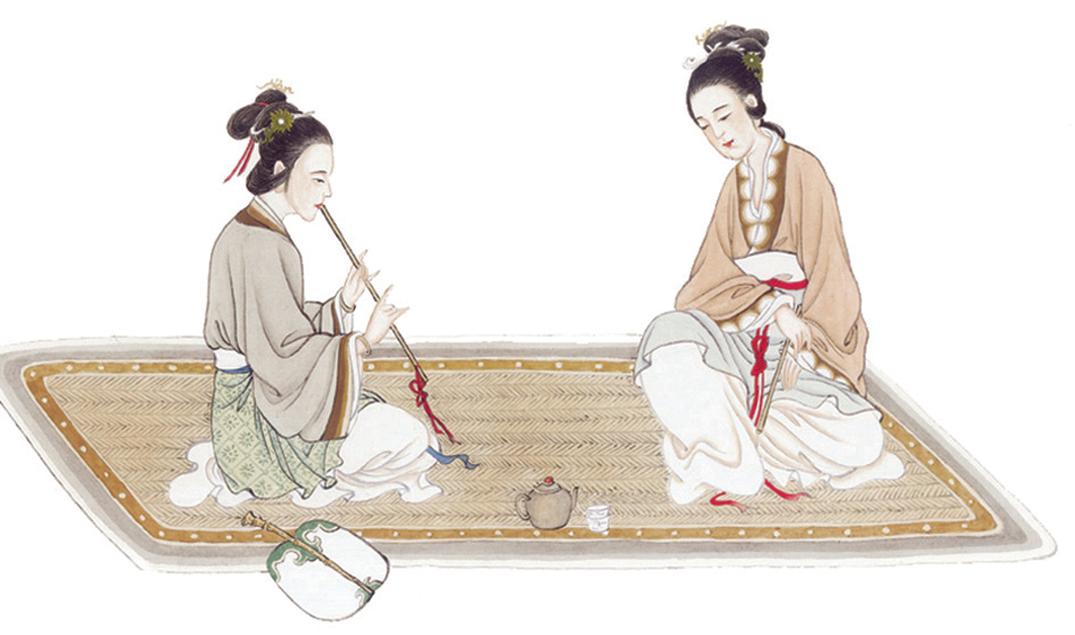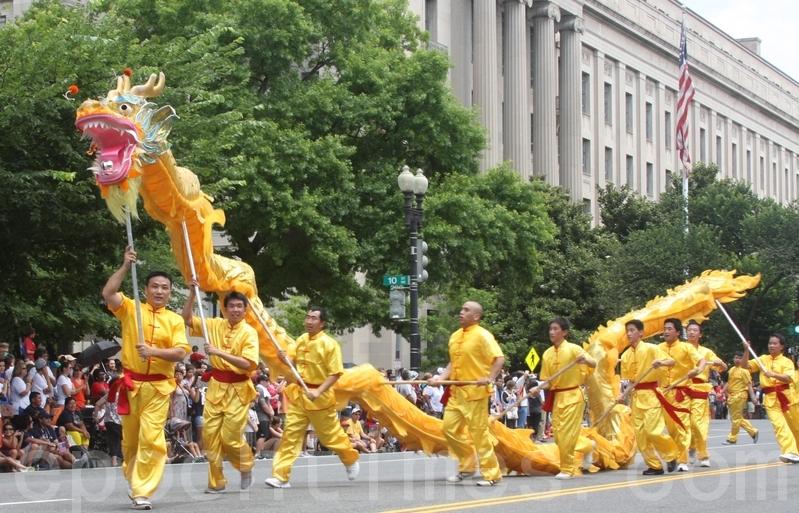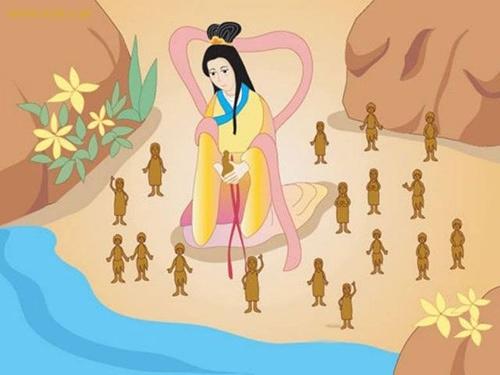It has been said, “Filial piety is the most important of all virtues.” As the essence of Chinese culture, filial piety maintains the relationships between family members and between social groups.
Apart from the filial piety of children, filial daughters-in-law are also respected by heaven, earth, and man. Below is a collection of stories from ancient China about the filial piety of daughters-in-law.
Daughter-in-law does not forget filial piety despite being wronged
Jiang Shi lived in the Eastern Han dynasty and took Pang Sanchun as his wife, according to the Biographies of Exemplary Women. Jiang and his wife were very filial to his mother. Since Pang’s mother-in-law liked to drink river water, Pang would travel to the Tuojiang River, which was seven miles away, to fetch water.
Jiang’s aunt sowed misunderstanding between the couple. Under his mother’s arrangement, Jiang divorced his wife. However, Pang was not resentful. She lived in a nunnery and did spinning around the clock. After that, she had someone sell the textiles and use the money to buy food for her mother-in-law.
Later, the mother-in-law realised that she had wronged Pang, and she took Pang home. On the day Pang returned home, spring water started spewing from the courtyard, and its taste was no different from the river water. Two carp jumped from the water every day. Thereafter, Pang used these to serve her mother-in-law, and she did not need to travel all the way to the Tuojiang River anymore.





